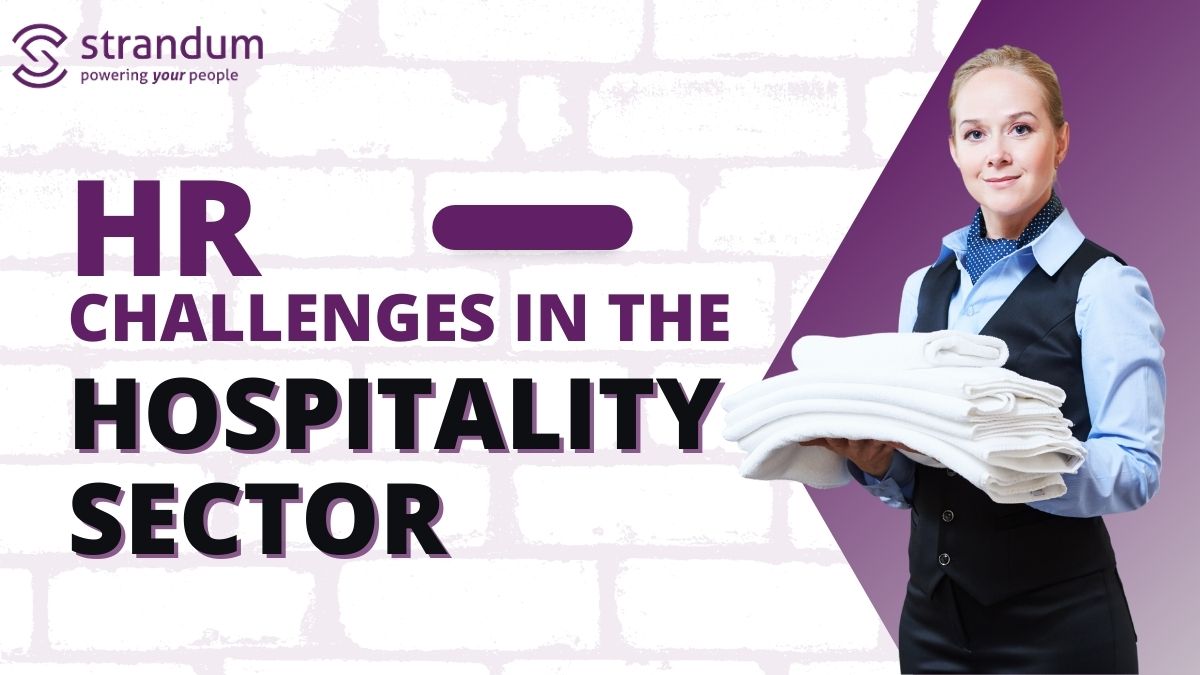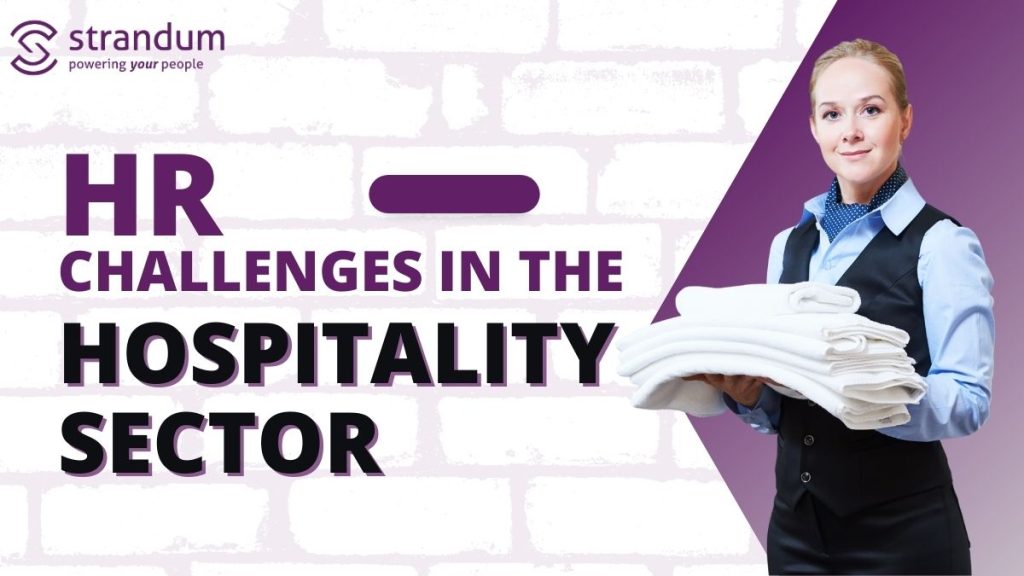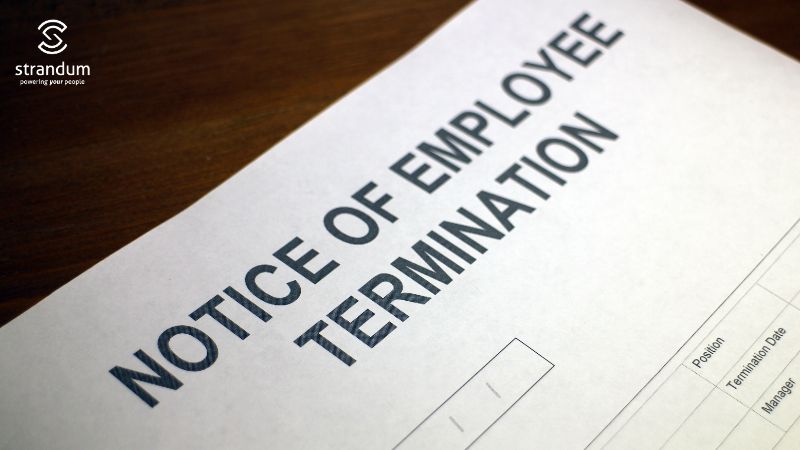
HR Challenges in the Hospitality Sector: A 2023 Mid-Year Review

In this 2023 mid-year review, we explore the HR Challenges in the Hospitality Sector 2023. The industry has long been a cornerstone of the global economy, but the COVID-19 pandemic has disrupted it in unprecedented ways. Facing high staff turnover, diminishing service quality, and employee well-being concerns, the sector is adapting to new normals. This article offers innovative solutions for these challenges
HR Challenges in the Hospitality Sector 2023: Current Trends
Fáilte Ireland’s May 2023 tourism barometer reports that 53% of businesses are experiencing HR challenges in the hospitality sector, even as they see more visitors compared to 2022. This uptick in domestic travel has been a lifeline for many establishments, but this trend is likely to evolve as international travel restrictions are relaxed. Additionally, businesses must continue grappling with the rising costs, particularly in food and beverage procurement, as supply chain disruptions linger on.
Addressing HR Challenges through Digital Transformation in 2023
The pandemic has accelerated the adoption of digital technologies within the industry. From mobile check-ins to virtual room tours, digital transformation is changing the way services are delivered, adding an extra layer of complexity to HR management.
High Employee Turnover: A Persistent HR Challenge in the Hospitality Sector for 2023
One of the most alarming HR challenges is the persistently high employee turnover rate, affecting service consistency and increasing financial burdens. Recruiting, onboarding, and training new staff can cost anywhere from 30% to 150% of the replaced employee’s annual salary.
Underlying Factors
- Limited Career Growth: Many employees leave due to a lack of career advancement opportunities.
- Inflexible Work Schedules: The round-the-clock demands make work-life balance a significant challenge.
- Poor Management and Workplace Culture: A toxic culture or ineffective management can drive employees away.

Addressing HR Challenges: A Multi-Pronged Strategy for the Hospitality Sector in 2023
Incorporating Flexibility into Scheduling
A flexible approach to shift scheduling can significantly improve employee satisfaction, reducing absenteeism and increasing overall morale. Options like shift-swapping, part-time roles, and flexible start times are becoming increasingly crucial.
Enhancing Employee Safety
Employees, particularly those in vulnerable roles like housekeeping, should feel secure in their work environment. Consider implementing wearable panic buttons or advanced security systems, which can act as a deterrent to potential harassers.
Professional Development
Invest in your staff by offering career development opportunities such as tuition assistance, mentorship programmes, or skills training sessions.

Technology Solutions for HR Challenges in the Hospitality Sector 2023
Technological solutions like robust Human Resource Management Systems (HRMS) offered by companies like Strandum HRMS Ireland can be incredibly effective. These systems allow for real-time roster updates, performance tracking, and also facilitate employee feedback mechanisms like anonymous satisfaction surveys.
Additional Features Worth Considering
- AI-Based Recruitment: AI can help screen candidates more effectively, saving time and reducing human errors.
- Real-Time Analytics: Advanced HRMS systems provide real-time analytics that can guide decision-making processes.
Engaging Employees: Beyond Technology
While technology provides valuable tools, the essence of the hospitality industry remains its people. Employers should not underestimate the power of human connection. Consider methods of employee recognition such as ‘Employee of the Month’ awards, spotlight features in company newsletters, or even simple thank-you notes
Concluding Remarks
To navigate the HR challenges in the hospitality sector in 2023, a comprehensive and flexible approach is required. By combining technological solutions with enhanced management strategies and a focus on employee well-being, the sector can not only overcome these hurdles but also thrive. The ultimate aim is to create a sustainable business model that minimises turnover and elevates service standards across the board.
By taking these steps, we can build a resilient, efficient, and more human-centred hospitality industry for the future.



